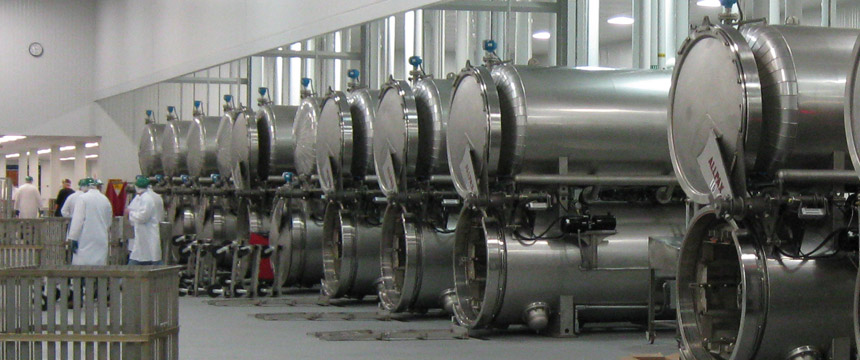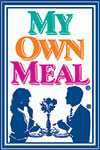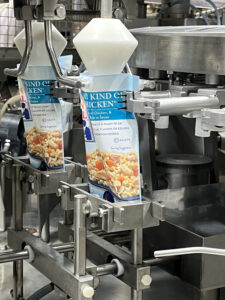
There are three important reasons that food service and supply officers need to understand the categories and terminology. You need to know the distinctions for successful menu planning.
- Meat and dairy cannot be consumed together, which is why you won’t see a kosher cheeseburger.
- Prepared meat meals require double wrapping when heated. This means it must have two layers of protection to prevent anything from “dropping” into the meals as it heats.
- Passover is in a category by itself and requires Passover-only labeled products be used.
Kosher vs. Kosher Certified
Pretty much everything needs to be certified as kosher by a reliable individual or organization, which stamps its symbol or name on the product. The consumer market determines reliability and acceptability.
The certification of Kosher production is a business based upon religious principles. Consider it similar to the USDA getting paid to supervise meat producers, or food production plants. Just as the USDA certifies that USDA standards are met, as interpreted by the local inspector, so does the kosher organization certify production meets kosher laws, as supervised by the mashgiach. Approval for each is designated by the kosher agency’s symbol or name on the product as approved.
My Own Meal® Kosher Certifications
 |
Hashgocha (supervision): My Own Meal® shelf stable meals and meal kits are Certified Kosher and Glatt Kosher (meat). They are produced under the strictest orthodox rabbinical supervision of the Organization of Orthodox Kashruth Supervision, established in 1957 by Rabbi Aaron Soloveichik, ztl, Founding Halachic Authority, and currently under the leadership and supervision of Rabbi Moshe Soloveichik. |

